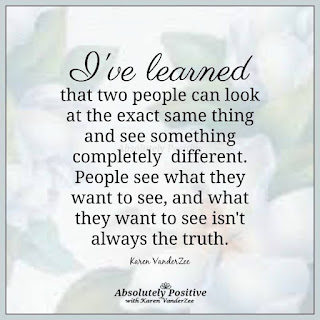Emotional Abuse Is Never Acceptable
Sometimes we are the victims of emotional abuse and sometimes we are the perpetrators. Anyone who was emotionally abused by a parent learned that parent’s abusive patterns of behavior. We then learned to use the same patterns of behavior against others as a means of controlling and manipulating them in the same way that we were controlled and manipulated.
Beverly Engle, in her book The Emotionally Abusive Relationship, defines emotional abuse as “any nonphysical behavior that is designed to control, intimidate, subjugate, demean, punish or isolate another person through the use of degradation, humiliation or fear.” Examples of such behavior can be judging and criticizing others, discounting or negating a person, accusing or blaming someone, placing unreasonable expectations on others or using the silent treatment.
She goes on to say that emotional abuse includes negative attitudes and symbiotic violence. Negative attitudes include believing people should do whatever we say, disregarding how others feel and believing that we are always right. Symbiotic violence can include throwing objects, slamming doors or shaking a fist at someone.
If we have had any of these behaviors or attitudes used against us, then we are victims of abusive behavior. And, of course, if we have used any of these behaviors or attitudes against others, then we are the perpetrators of emotionally abusive behavior.
Either way, it needs to stop. We do not have to accept unacceptable, abusive behavior from anyone. But we have to be aware and understand when someone is being emotionally abusive to us. My guess is that most people are not even consciously aware that they are being emotionally abused. Such behavior is simply a norm that they grew up experiencing. Well, it’s time to wake-up. Emotionally abusive behavior is never an acceptable norm. It’s destructive. We need to defend ourselves from it and we need to be responsible enough to refrain from using it against others—no matter how abusive they may have been toward us.
We can set boundaries with emotionally abusive people, and if they refuse to honor those boundaries, we can detach from them with love—instead of abusing them in return. So think about your relationships. What emotionally abusive behavior do you tolerate, and what emotionally abusive behavior do you dish-out? Then decide to take responsibility for your life and behavior. Stop accepting abusive behavior and refrain from being guilty of it yourself.




Comments
Post a Comment